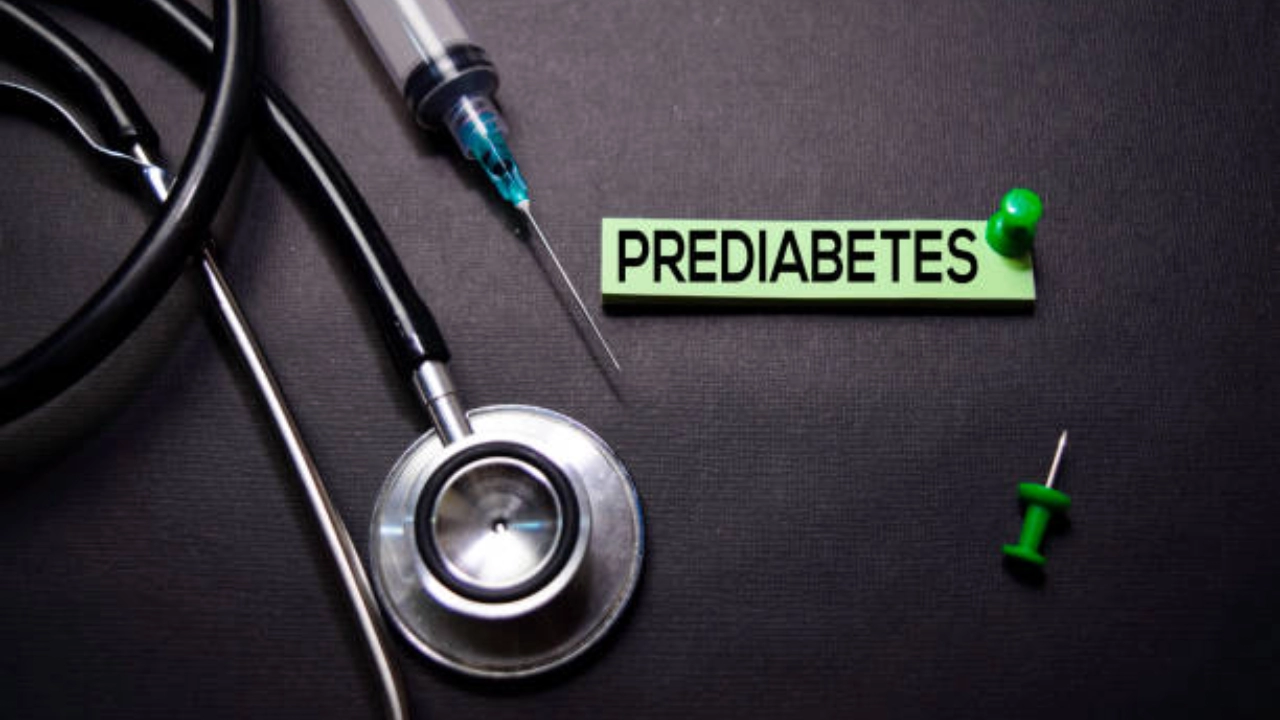Understanding Prediabetes: Follow THESE Tips To Lower Your Risk Of Developing Type 2 Diabetes
Nov 11, 2024
News

Follow THESE Tips To Lower Your Risk Of Developing Type 2 Diabetes
Prediabetes is a condition wherein your blood sugar levels are higher than normal, however, it is not yet high enough to be classified as type 2 diabetes. It is an important warning sign which indicates that the body is starting to struggle with insulin regulation. Without necessary lifestyle changes, people with prediabetes have an increased risk of developing type 2 diabetes, heart disease, and stroke.
Some of the common risk factors of prediabetes are obesity, physical inactivity, age and family history of diabetes. The good thing about prediabetes is that it can managed and even reversed with lifestyle modifications such as a balanced diet, regular exercise, weight management, and in some cases, medication. Along with that, regular check-ups and blood tests, like the A1C test, are important for monitoring blood glucose levels and managing prediabetes before it progresses to type 2 diabetes.
Here, take a look at some of the tips that help to lower your risk of developing type 2 diabetes.
Balanced Diet
Choose whole grains, lean proteins, healthy fats and fibre-rich foods which help to control blood sugar. Limit refined carbs and sugars as they cause blood sugar spikes and increase diabetes risk.
Physical Activity
Regular exercise helps to improve insulin sensitivity, thereby, helping cells absorb glucose more effectively. Try to perform at least 150 minutes of moderate aerobic exercise weekly such as brisk walking, cycling or swimming.
Reduce Excess Weight
Even a 5-7% weight loss can help to significantly reduce the risk of diabetes. Maintaining a healthy weight helps to improve insulin regulation and reduces inflammation linked to high blood sugar levels.
Limit Processed Foods
Processed foods are usually high in unhealthy fats, sugars and preservatives which can lead to insulin resistance. Choose fresh and minimally processed foods when possible.
Fibre-Rich Foods
Foods high in fibre help to reduce the absorption of sugars, thereby, preventing spikes in blood sugar. Beans, legumes, fruits, vegetables and whole grains are good sources of fibre sources.
Avoid Sugary Beverages
Sugary drinks like sodas and sweetened juices can cause rapid blood sugar spikes. Opt for water, unsweetened teas or drinks that have no added sugar to stabilise blood sugar levels.
Get Enough Sleep
Lack of sleep affects insulin sensitivity and increases the risk of weight gain. Try to get 7-9 hours of quality sleep each night as it can support healthy blood sugar levels.
Manage Stress
Chronic stress can increase cortisol levels which spikes blood sugar levels. Practice stress-relieving activities like meditation, deep breathing or hobbies to help manage glucose levels.
Manage Blood Sugar Levels
Keeping track of blood sugar can help you understand how different habits affect glucose levels.
Stay Hydrated
Water can help the body remove excess blood sugar. Try to drink at least 8 cups of water daily as dehydration can lead to higher blood glucose levels.
Get Latest News Live on Times Now along with Breaking News and Top Headlines from Health and around the world.



